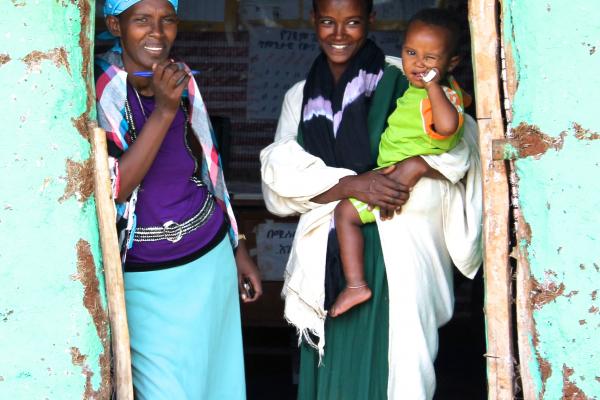By the time President Obama walked off the stage at Chicago’s McCormick Place after delivering his acceptance speech early Wednesday morning, pundits already were screaming HERE COMES THE FISCAL CLIFF!
And while it might have been a nice idea to take a collective breath after such a divisive election season before new screeching began, the pundits were not wrong.
Be warned: The Fiscal Cliff approaches. On Jan. 2, 2013, to be exact.
Now, I am many things, but an economist (or even a person remotely comfortable with numbers) is not one of them. So let me explain to those of you who are like me, in the simplest terms possible, what this proverbial cliff is all about.
In the wake of the debt ceiling crisis last summer, Congress and President Obama agreed to enter into negotiations to enact a 10-year deficit reduction package in excess of $1.2 trillion.
If an agreement could not be reached, a mandatory, across-the-board reduction in spending (also known as “sequester” or “sequestration”) would occur. All discretionary and entitlement spending -- with a few exceptions -- would be subject to sequestration....
Under sequestration, the U.S. foreign aid that has made such a tremendous difference in Ethiopia and in the lives of countless millions of desperately poor Africans (and others) is in grave jeopardy.
Read the Full Article

